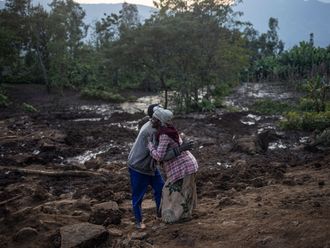Phnom Penh: Tens of thousands of supporters of Cambodian Prime Minister Hun Sen rallied in Phnom Penh on the last day of electoral campaigning on Friday ahead of a general election at the weekend that will likely hand him victory and extend his 33-year rule.
Sunday’s election will be Cambodia’s sixth since it emerged from decades of war in 1993 and many fear the vote will be a sham following a crackdown by Hun Sen, the world’s longest-serving prime minister, on critics including civil society and independent media.
“I won’t lead the party into defeat,” Hun Sen told supporters as they waved the blue flags of his ruling Cambodian People’s Party (CPP). Bands sang songs praising Hun Sen and the achievements of his party.
“Party members must vote for their own party, not for another party,” said the former Khmer Rouge commander who eventually defected from Pol Pot’s regime.
The election has been criticised by the United Nations and Western countries as fundamentally flawed after Cambodia’s Supreme Court last year dissolved the main opposition Cambodia National Rescue Party (CNRP) after it was accused of plotting to topple the government. Its leader, Kem Sokha, was imprisoned for treason.
The party, which had only narrowly lost the 2013 election, denied the accusation and most CNRP leaders have since fled abroad, leaving no significant competitor to Hun Sen’s party.
ASEAN Parliamentarians for Human Rights (APHR) warned that Sunday’s vote was a foregone conclusion.
“This is a farcical ritual to rubber stamp Hun Sen’s grip on power,” APHR Chairperson Charles Santiago, a member of the Malaysian parliament, said in a statement.
After his early morning speech, Hun Sen led a group of young supporters holding balloons on foot to other rally sites in the capital.
He told supporters that his party has led Cambodia to economic prosperity. The country once synonymous with conflict and poverty has been the sixth fastest-growing economy in the world over the past two decades with average GDP growth of 7.6 per cent, according to the World Bank.
The economy is expected to grow 6.9 per cent this year, compared with 6.8 per cent in 2017, driven by a recovery in textile exports, tourism and agriculture.
Voting is voluntary in Cambodia, so voter turnout will be a key test of the CPP’s legitimacy.
Some exiled members of the opposition called on Cambodians to boycott the election and some voters told Reuters this week that they were being coerced into voting for Hun Sen’s CPP, a claim the party denies.
In Phnom Penh, campaigning has been dominated by the CPP, whose supporters often zip through the capital’s streets on motorbikes waving the party’s flags.
Experts say that has left little room for 19 other parties competing in the election to challenge the CPP.
“I think there won’t be any change, it will be Samdech again,” said 19-year old Sum Davin, a student, referring to Hun Sen’s official title.
“People have only heard of one party and nobody knows the other parties,” he said, adding that he will vote on Sunday despite the calls by the opposition for a boycott.
Kem Sokha’s daughter Kem Monovithya said opposition members “simply want to use their right to show their discontent with this sham election.” Sebastian Strangio, author of the book “Hun Sen’s Cambodia”, an analysis of the country’s recent history, said condemnation from some Western governments would have little impact on Hun Sen.
Cambodia has support from countries in the region including China, which has poured billions of dollars in military aid and investment into the country.
The United States has imposed visa restrictions on some Cambodian government members over the crackdown and imposed sanctions in June on a high-ranking official close to Hun Sen.
The European Union has threatened Cambodia with economic sanctions.
“With Western countries promising further sanctions, and Hun Sen unlikely to back down from his current course, Cambodia is set for a new era of turbulent relations with the West,” Strangio said.


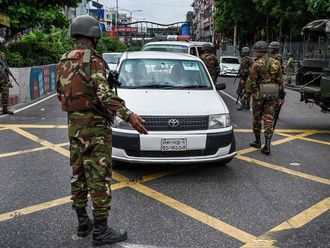
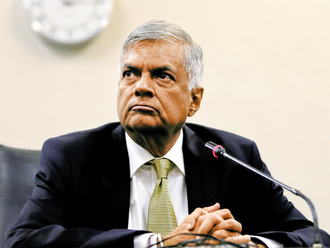
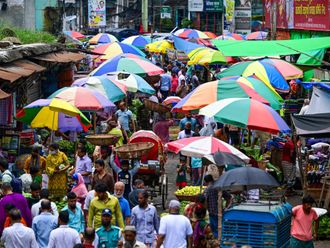
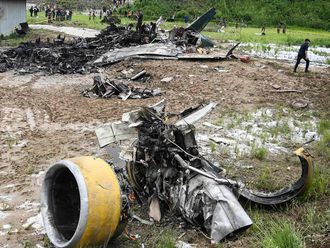
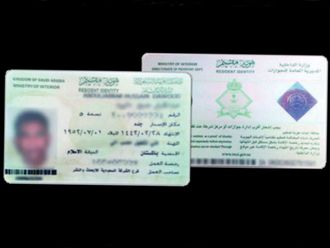

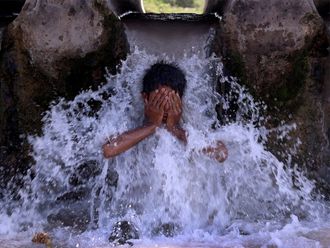

_resources1_16a30b3523c_small.jpg)
